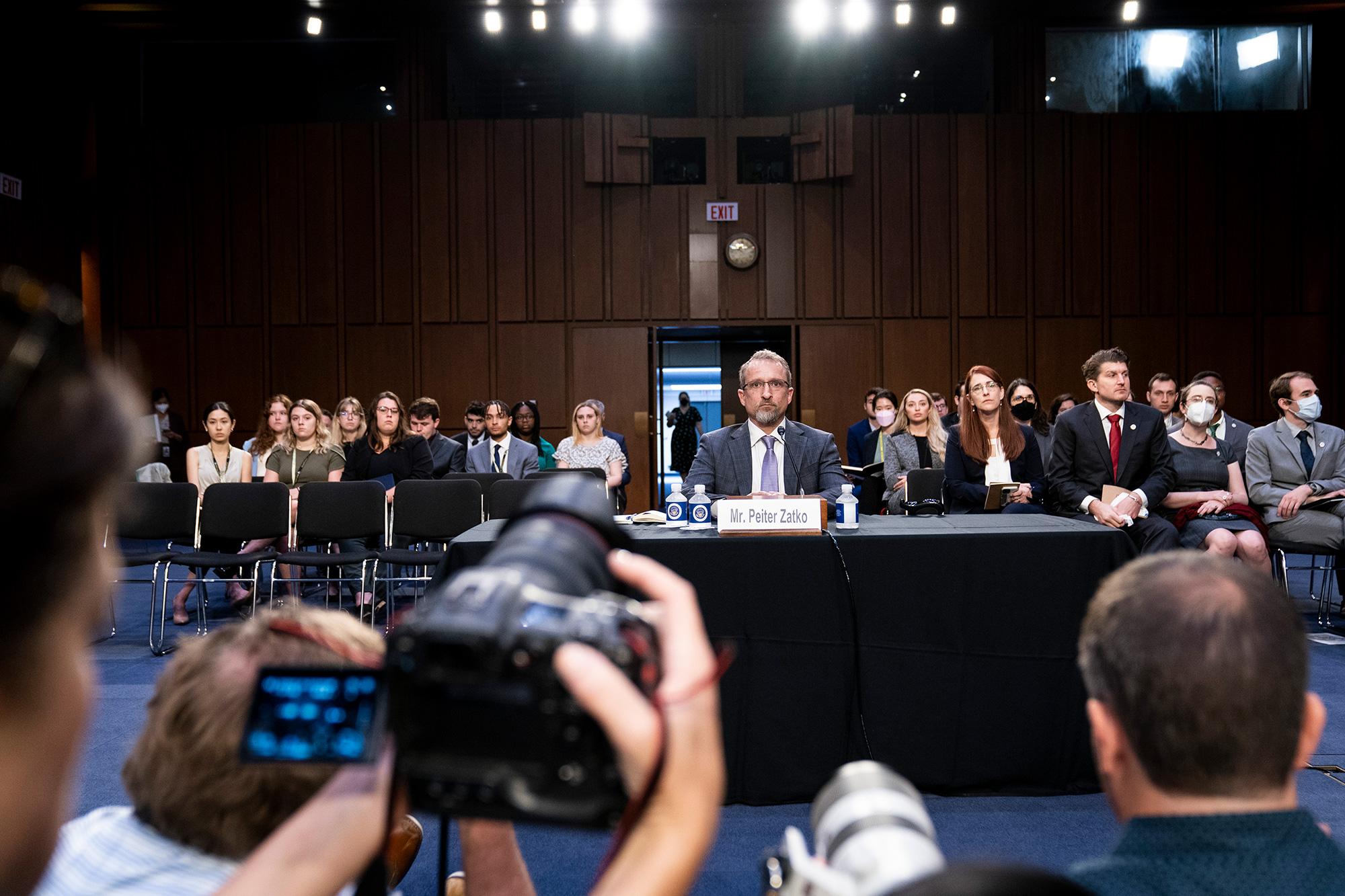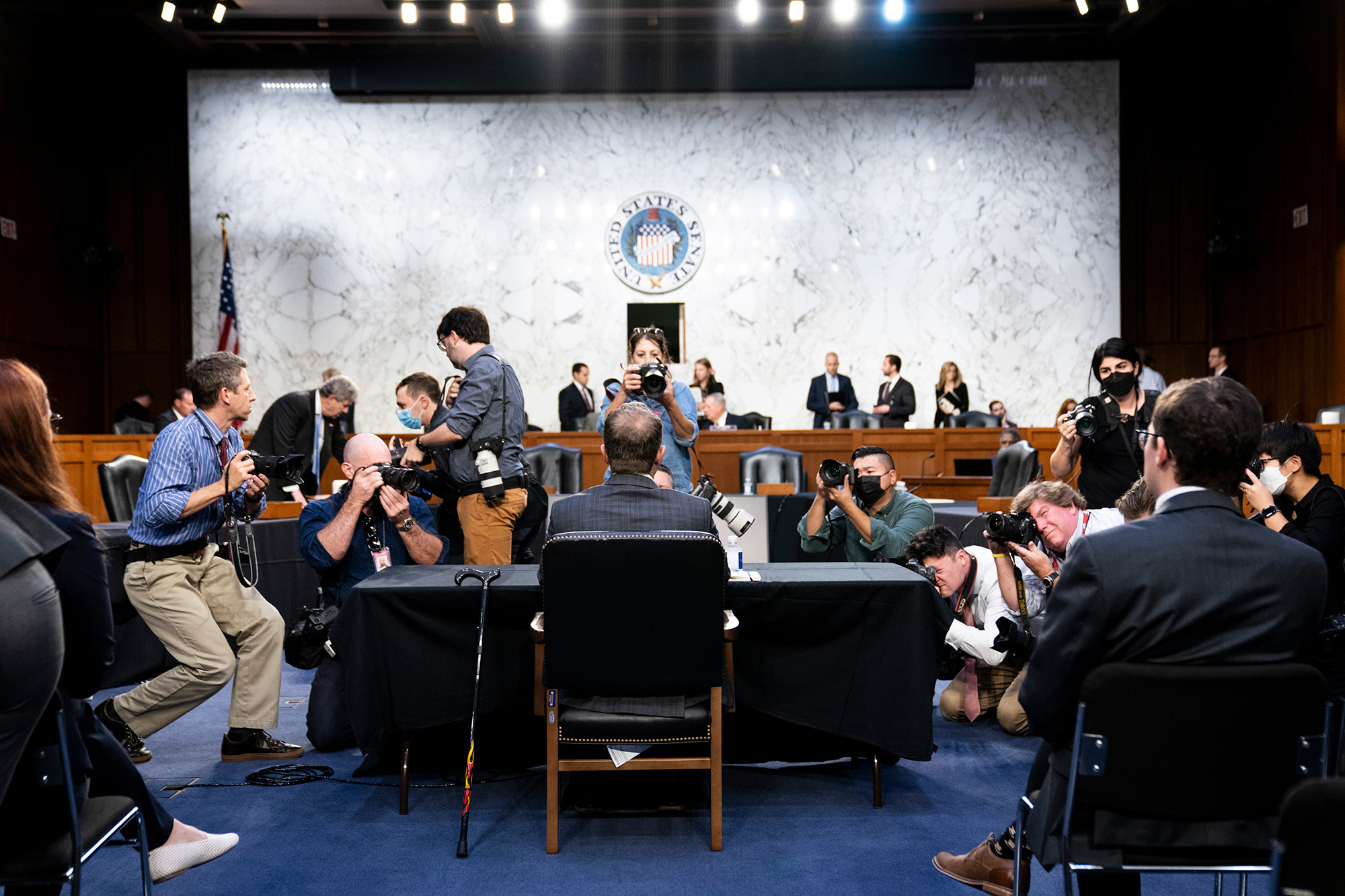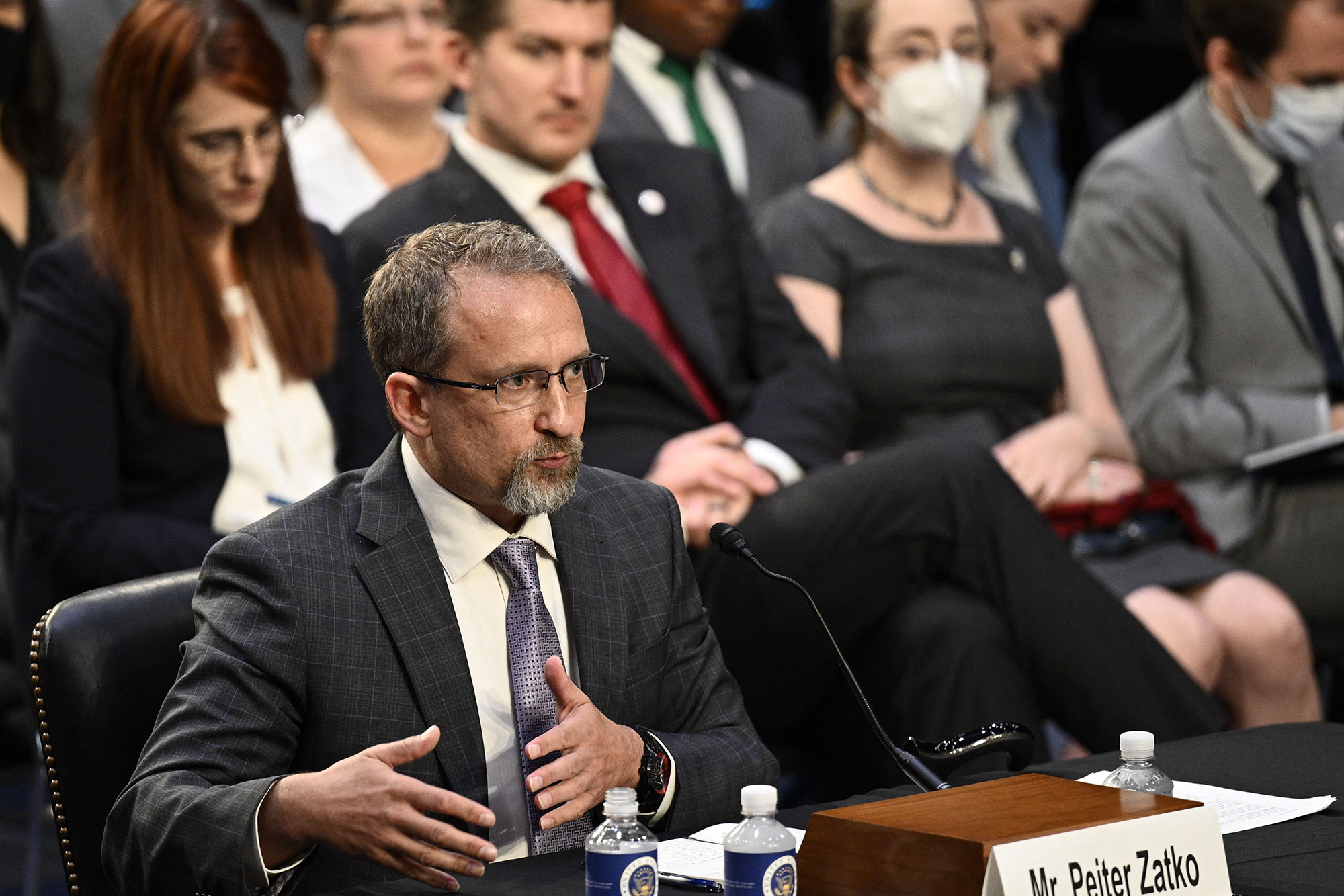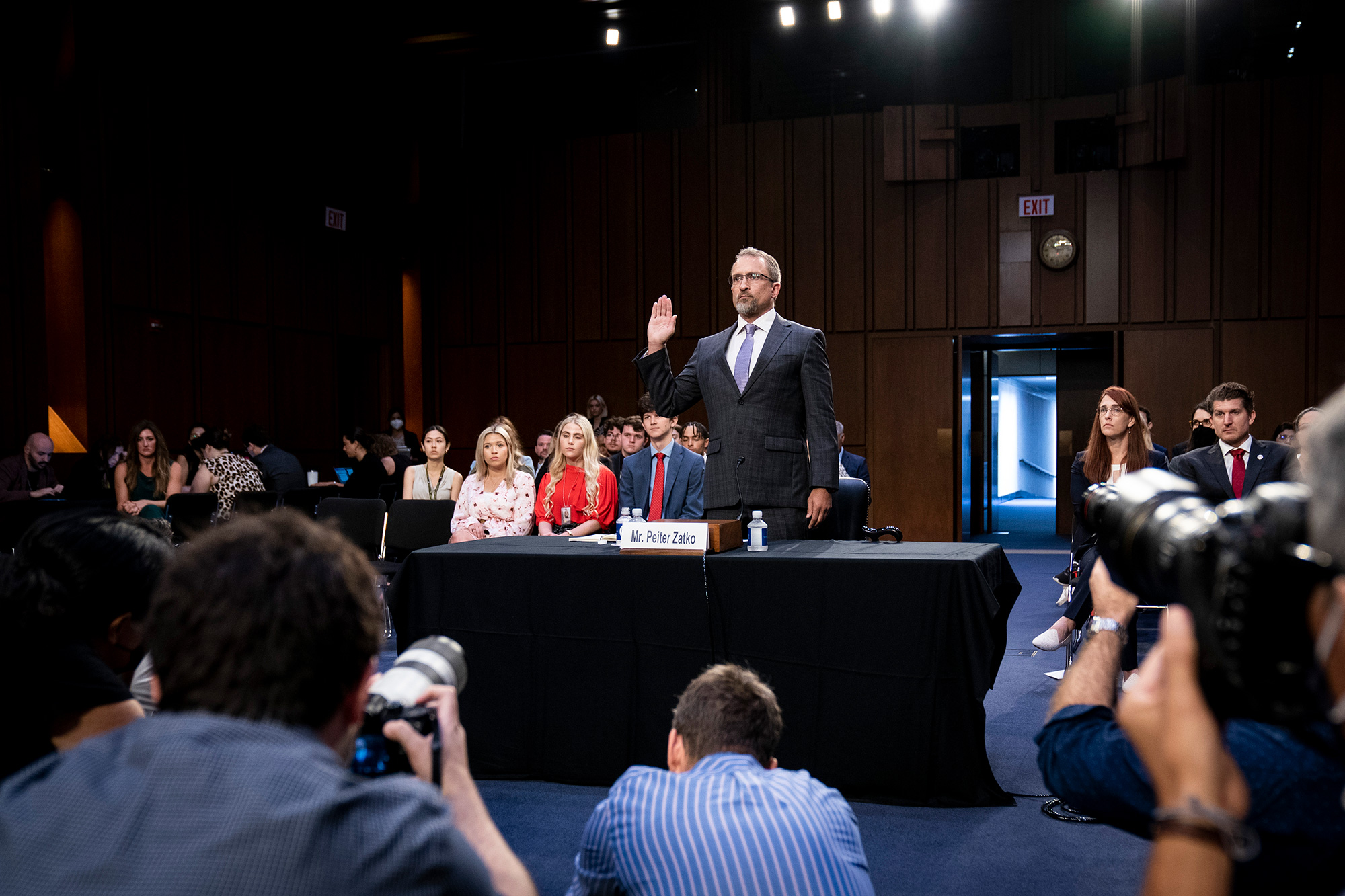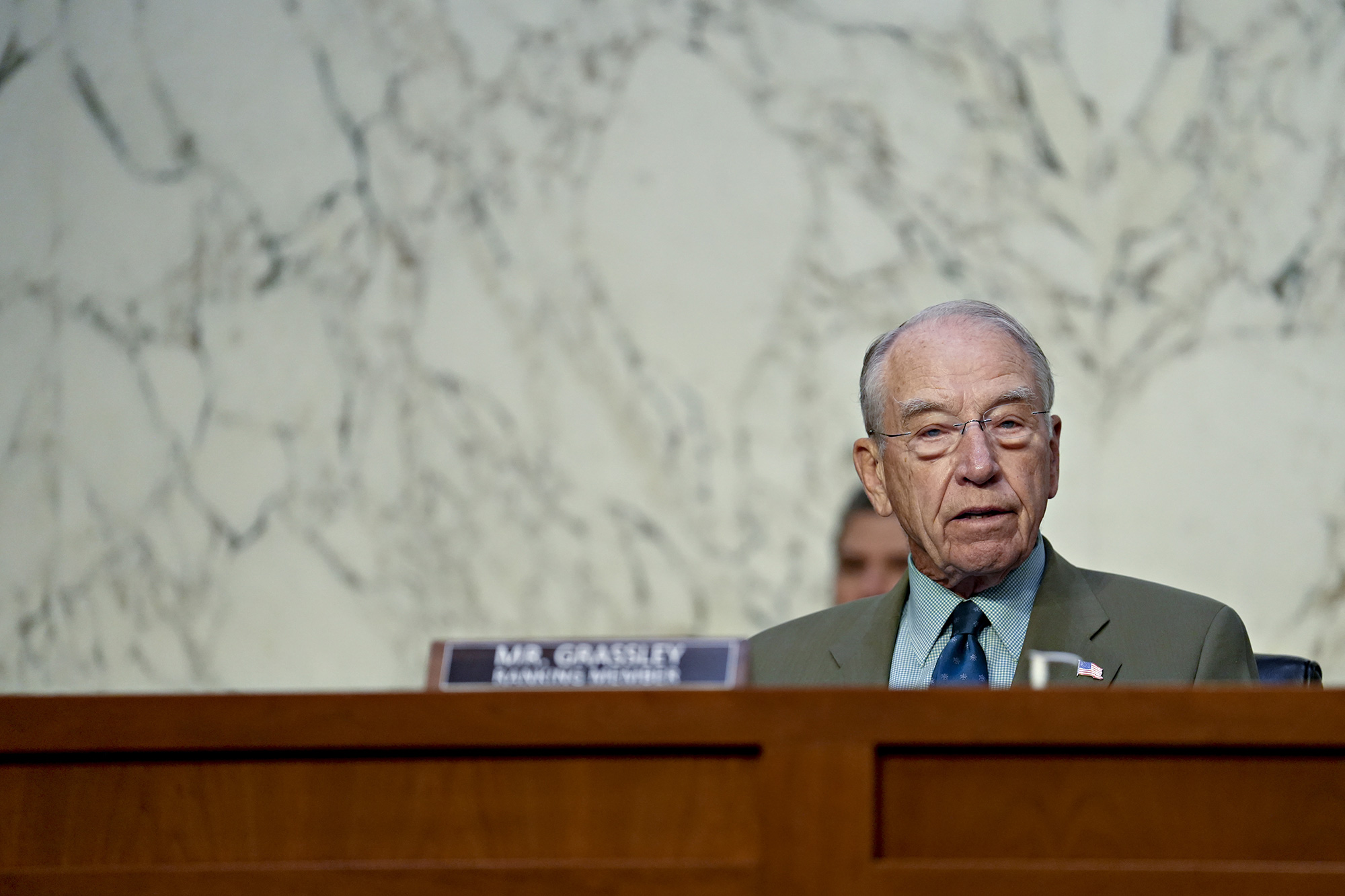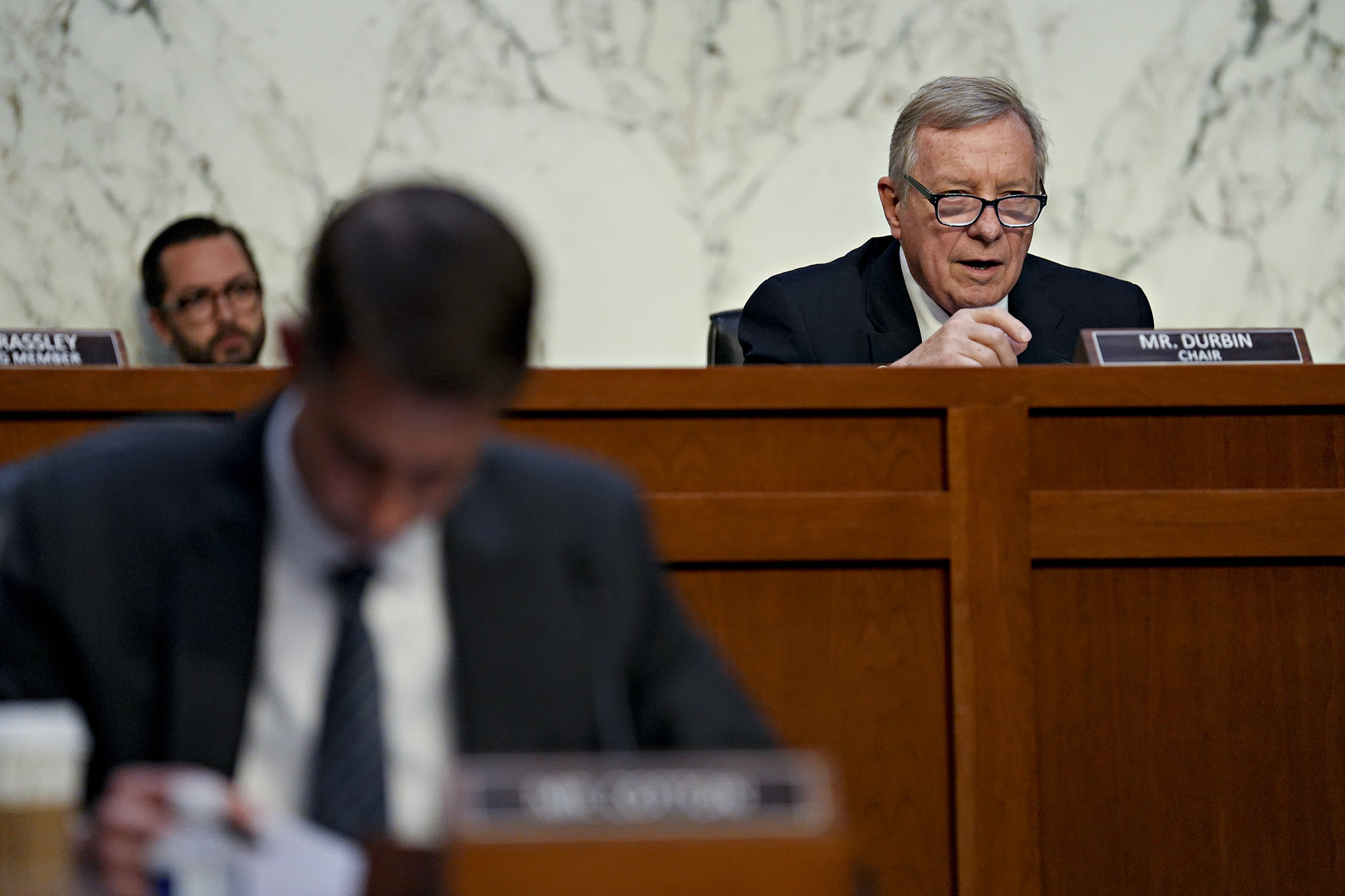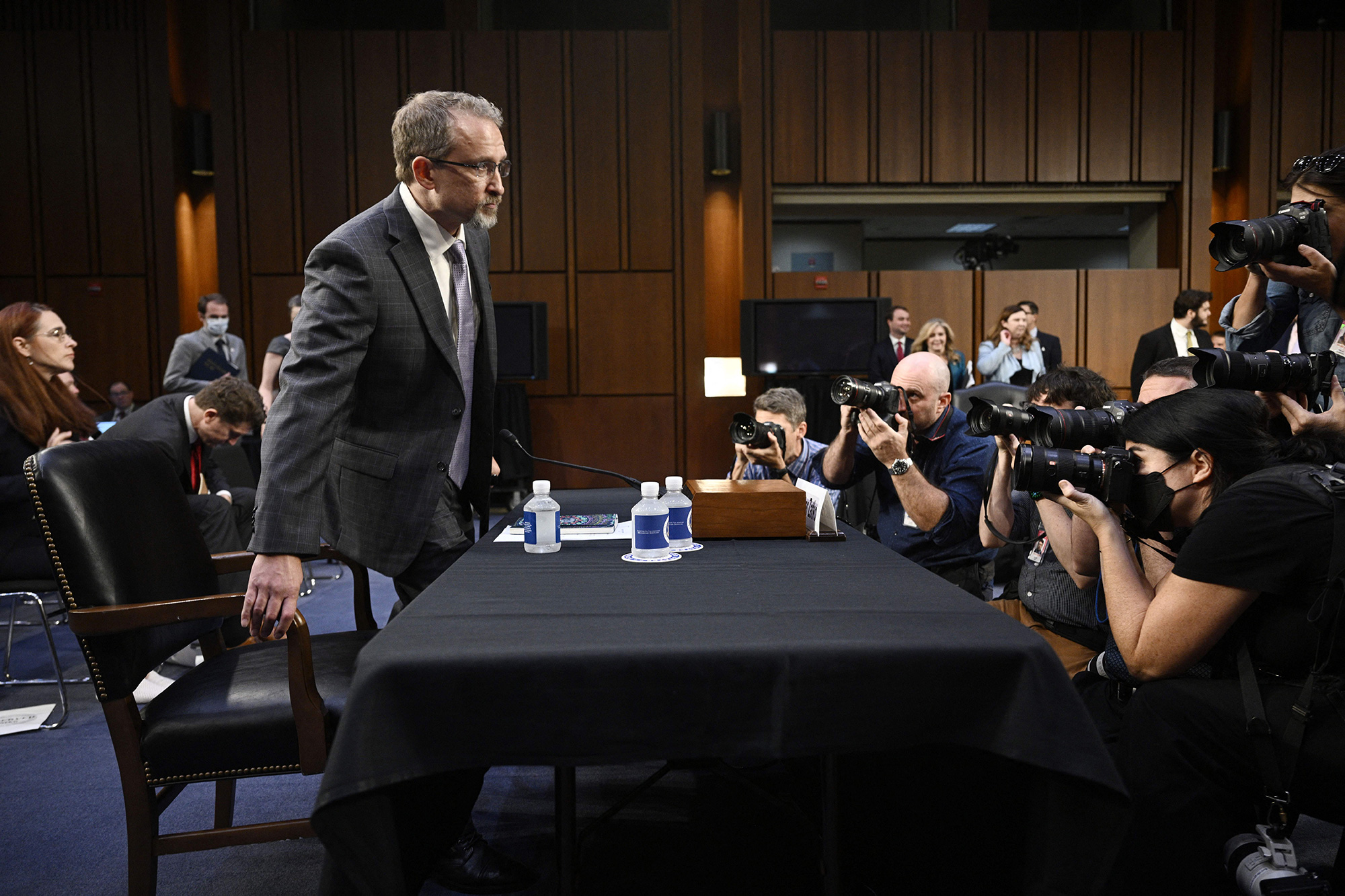
Peiter Zatko detailed the kinds of information that Twitter collects on its users. According to Zatko, the list includes:
- A user's phone number
- The latest IP address a user has connected from, as well as past IP addresses
- A user's current email, how long they've been using it and prior emails they've used
- Where the company thinks a user lives
- The location the company thinks a user is currently accessing Twitter from
- What type of device a user is accessing Twitter from
- The web browser a user is connected from
- The language used by the user
Zatko claimed that all of the company's engineers — through their access to its internal production systems — could potentially access all of that user data.
"If they wanted to root around in the data and find it, they could, and some have," he said.



